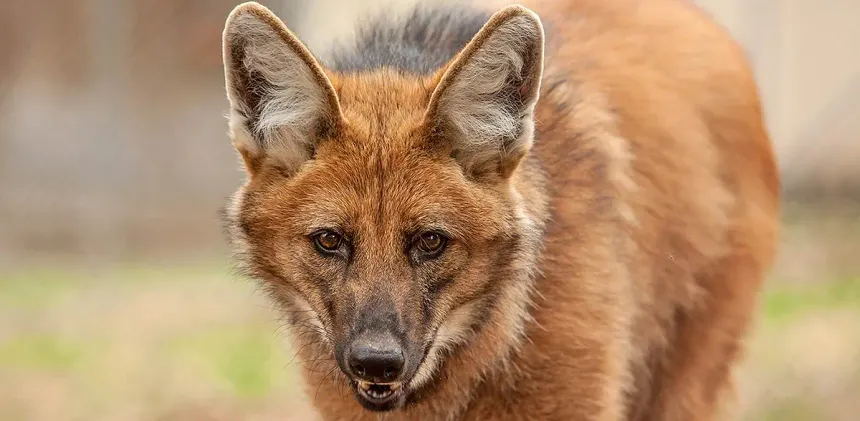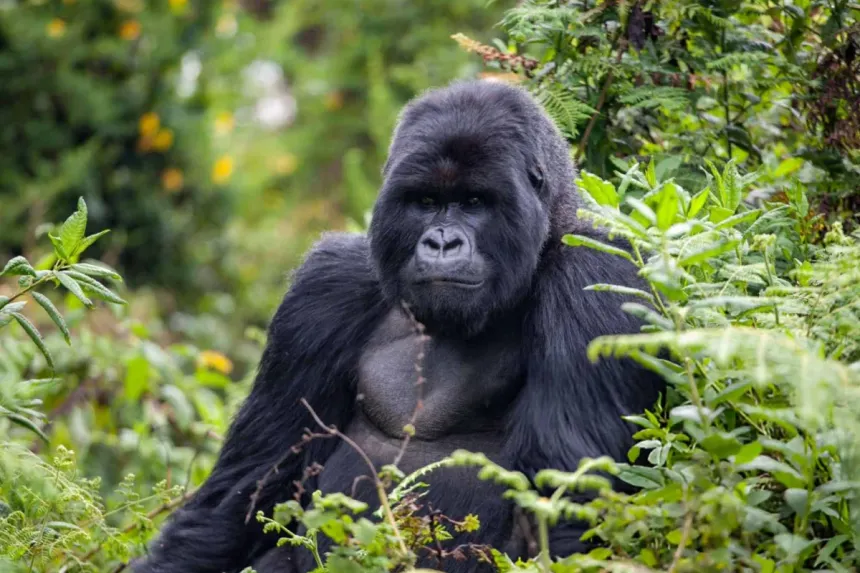Why are Orangutans considered the most intelligent non-human primates??
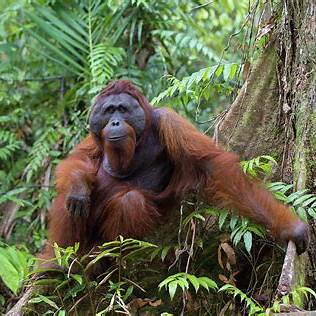
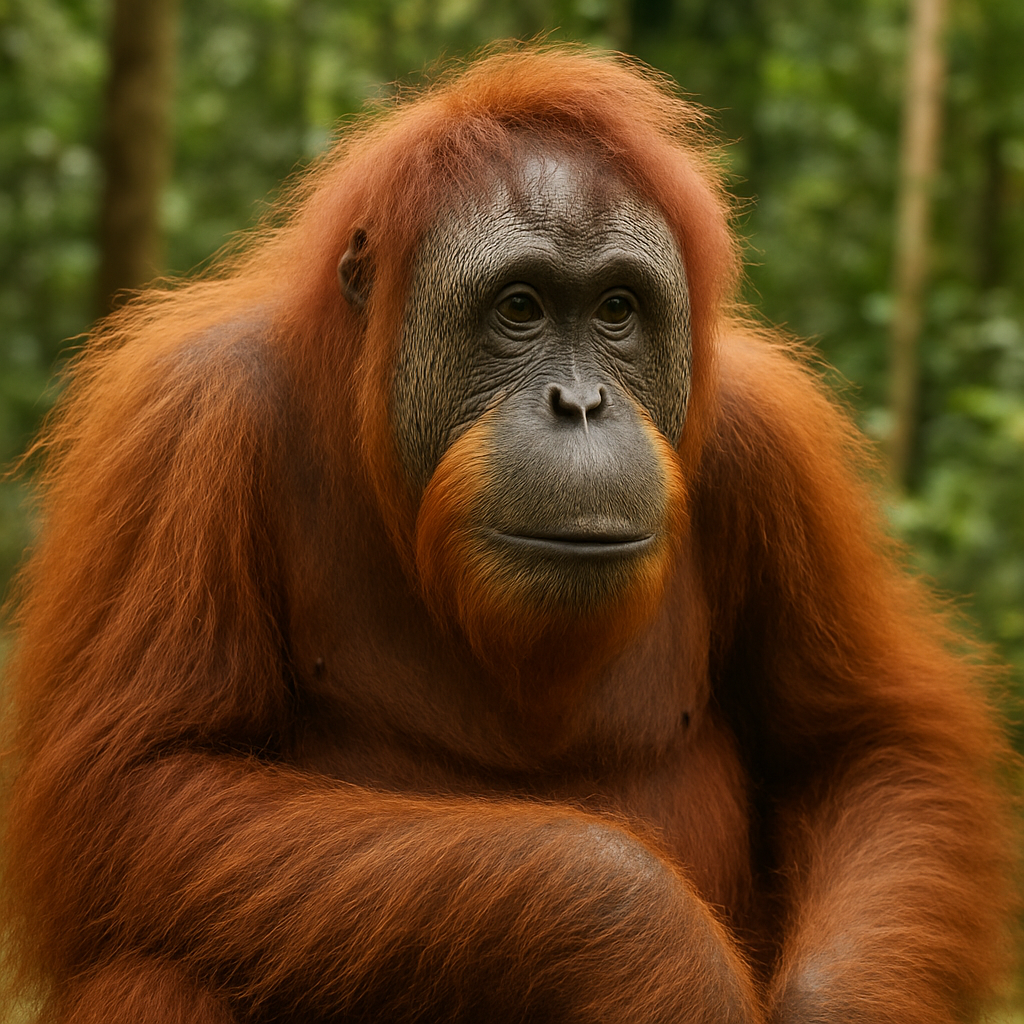
A Closer Look at Orangutans
There are three species of orangutans: the Bornean (Pongo pygmaeus), the Sumatran (Pongo abelii), and the recently identified Tapanuli orangutan (Pongo tapanuliensis). Each of these species has adapted to its unique environment, but they all share certain traits—long, powerful arms; reddish-brown hair; and an extraordinary level of intelligence.
Orangutans are primarily arboreal, meaning they spend most of their lives in trees. They build nests high in the canopy each night and use a variety of tools to aid in daily tasks such as foraging. Their diet is primarily composed of fruits, leaves, bark, and insects.
Intelligence and Behavior
Considered one of the most intelligent non-human primates, orangutans have demonstrated the ability to use tools, learn sign language, and even recognize themselves in mirrors. They are also known for their problem-solving abilities and complex social interactions—despite their mostly solitary lifestyle.
A mother’s bond with her offspring is especially strong. Young orangutans stay with their mothers for up to 7–8 years, learning vital survival skills. This long dependency period reflects the species’ slow reproductive rate, which makes them particularly vulnerable to population decline.
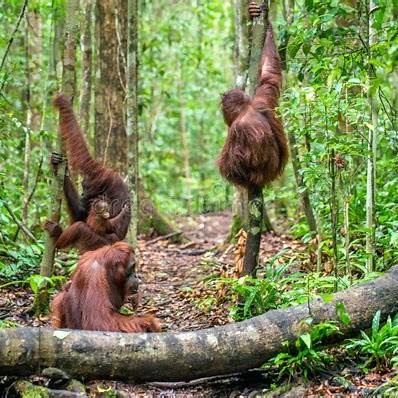
Threats to Survival
Unfortunately, all three species of orangutans are currently classified as Critically Endangered by the International Union for Conservation of Nature (IUCN). The biggest threats include:
- Deforestation: Rampant logging, illegal land clearing, and palm oil plantations have destroyed large portions of orangutan habitats.
- Illegal Wildlife Trade: Baby orangutans are often captured and sold as exotic pets, with their mothers typically killed in the process.
- Human-Wildlife Conflict: As their habitats shrink, orangutans increasingly come into contact with humans, often leading to fatal encounters.
Conservation Efforts
Numerous organizations and governments are working to protect orangutans through habitat conservation, anti-poaching efforts, rehabilitation centers, and public awareness campaigns. Sustainable palm oil initiatives, forest restoration projects, and eco-tourism also play a growing role in safeguarding these apes.
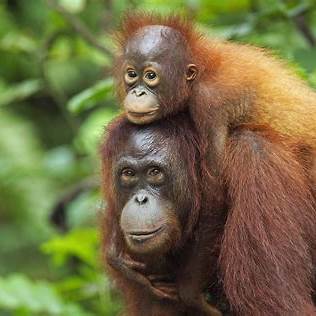
Why Orangutans Matter
Orangutans are often referred to as “gardeners of the forest” because they play a crucial role in seed dispersal, maintaining the health and diversity of the rainforest ecosystem. Their survival is not only vital for biodiversity but also for the wellbeing of countless other species, including humans.
Conclusion
Orangutans are among the most intelligent and gentle creatures on Earth. Their declining numbers are a stark reminder of the impact human activity has on wildlife. Protecting them requires global cooperation, responsible consumer behavior, and a commitment to preserving our natural world. Their future—and ours—depends on the choices we make today.



